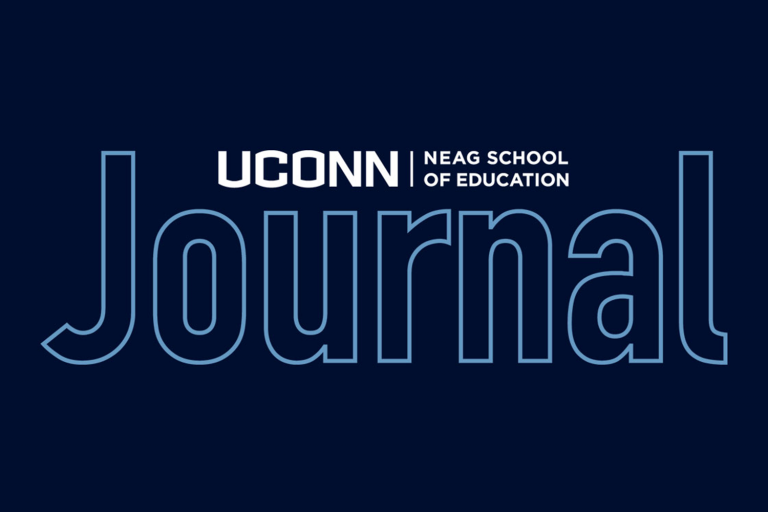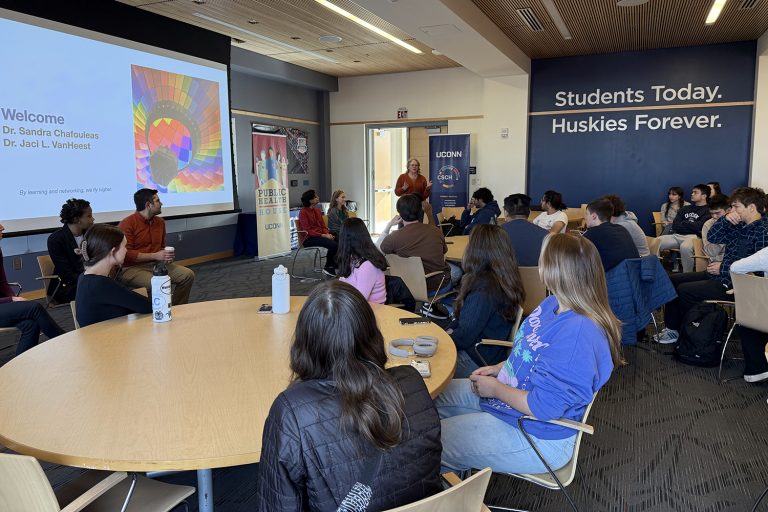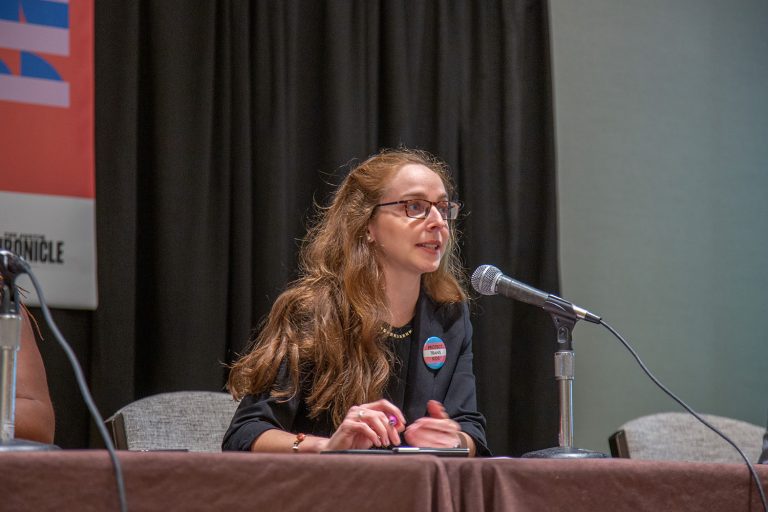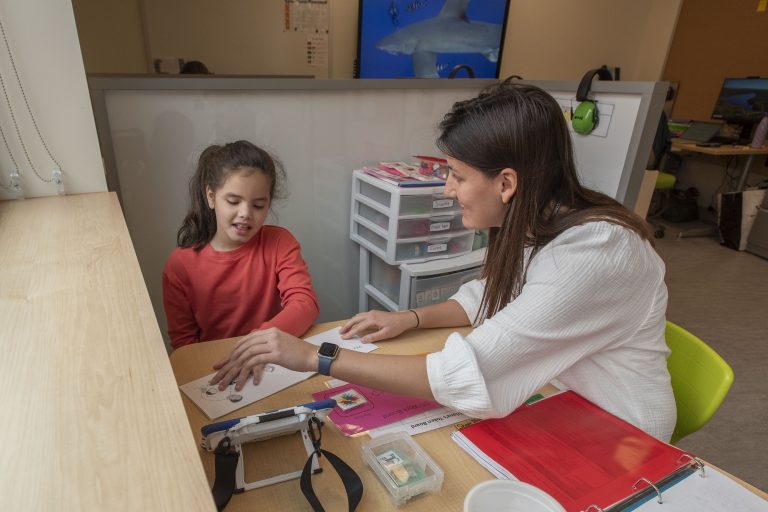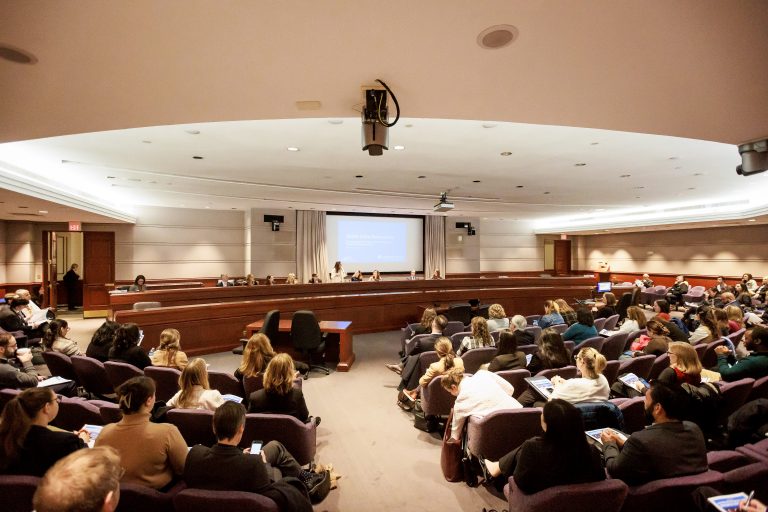Research productivity and scholarly influence are a central foundation for the Neag School of Education. Its research portfolio currently has more than $16 million in annual expenditures, with a mix of federally funded grant projects and state and local contracts. Neag School faculty actively compete for a diverse range of federal awards through the Institute for Education Sciences (U.S. Department of Education), National Science Foundation, and National Institutes for Health, and are regularly rewarded for their high-quality and innovative ideas. The expertise of Neag School researchers is highly sought at state and local levels to advance initiatives and evaluate outcomes. Together, the School’s faculty and departments are highly ranked across national metrics for their research productivity and scholarly influence.
The Neag School academic plan clearly acknowledges contributions to research and scholarship, and defines clear directions for moving into the future.
Engaging in innovative education reform with substantial impact on students and the systems surrounding them requires coordinated work over time to simultaneously implement change, study its effectiveness, and share it widely in ways that have lasting impact. We will accomplish these goals through deepening our transdisciplinary collaborations among educators, policymakers, researchers, and stakeholders across multiple fields to establish the policies, funding streams, and evidence-based practices that will promote achievement of state and national education goals.
We welcome your interest in our scholarly work, and invite you to contact us for more information about our current projects as well as potential for collaboration.
Recent Research in the News
Faculty researchers from across the Neag School are regularly featured in stories and announcements regarding their research. View recent examples below. Learn more about the Research Centers affiliated with the Neag School.
The editor-reviewed, open-access, annual journal is founded and run by graduate students at the Neag School and has published three articles in its Spring 2025 issue
- category: neag+research
- columns: 1
- pictures: true
- number-of-posts: 1
- show-excerpt: false
- show-date: false
- safe-fetch: 1
School and child health researchers spoke with undergraduate Public Health House students about their research and career paths, continuing a seven-year collaboration
- category: neag+research
- columns: 1
- offset: 1
- pictures: true
- number-of-posts: 1
- show-excerpt: false
- show-date: false
- safe-fetch: 1
Assistant professor Risa Isard is a trailblazer in the sport industry, advancing equity in women’s sports and exploring how stigma shapes the experiences of athletes, executives, and organizations
- category: neag+research
- columns: 1
- offset: 2
- pictures: true
- number-of-posts: 1
- show-excerpt: false
- show-date: false
- safe-fetch: 1
Researchers with the Neag School’s Center for Education Policy Analysis, Research, and Evaluation prepared the following research brief regarding public school staffing trends
- category: neag+research
- columns: 1
- offset: 3
- pictures: true
- number-of-posts: 1
- show-excerpt: false
- show-date: false
- safe-fetch: 1
Assistant professor Zachary K. Collier has been honored by Diverse: Issues in Higher Education
- category: neag+research
- columns: 1
- offset: 4
- pictures: true
- number-of-posts: 1
- show-excerpt: false
- show-date: false
- safe-fetch: 1
The Moving Beyond conference bridges research and policy to advance evidence-based solutions in Connecticut
- category: neag+research
- columns: 1
- offset: 5
- pictures: true
- number-of-posts: 1
- show-excerpt: false
- show-date: false
- safe-fetch: 1
